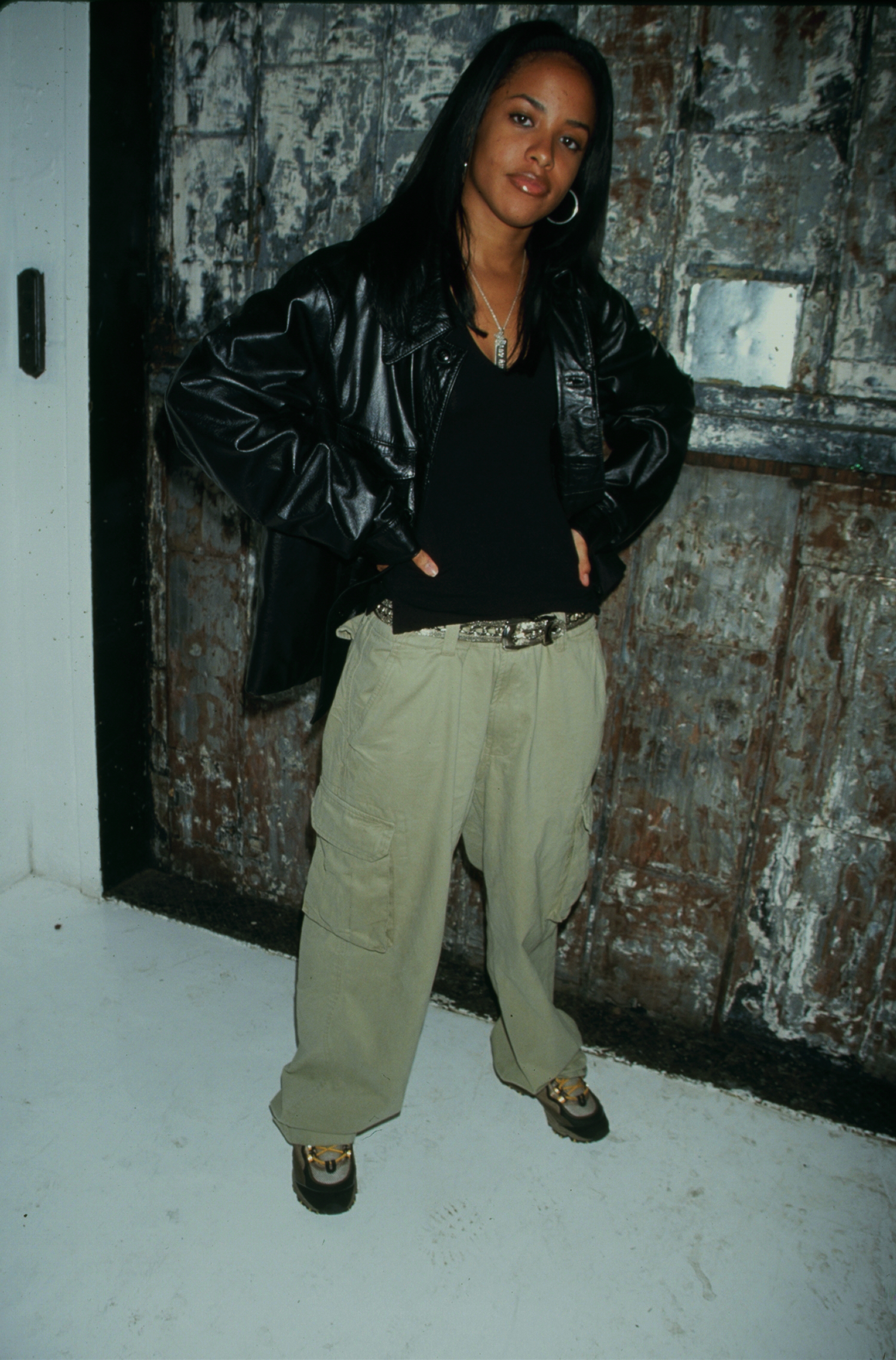
For years, fans of the late R&B singer Aaliyah have been clamoring on social media for MAC Cosmetics to create a collection inspired by the legend. These fans enthusiastically noted that Aaliyah’s iconic, sexy but laid-back wardrobe — bold hair, makeup styles and musical talent — made her more than deserving of such an honor. Almost 17 years after her tragic, untimely death, she still maintains an unwavering sway on American style and pop culture. And soon, her influence will be even more far-reaching because MAC has officially announced plans to release the highly-requested makeup collection this June.
MAC’s decision to debut this line, arguably fueled by the powerful women of Black Twitter, is a testament to the power Black women have over style, both as celebrated entertainers and private citizens. For more than a century, Black women in the United States have dictated an immeasurable number of fashion, beauty and hair trends that have been archived in the pages of Ebony magazine and recycled on contemporary fashion runways. Besides showcasing their unique style, Ebony’s throwback images also captured a community of Black women whose affinity for fashion and looking their best was a reflection of their aspirational goals and ambitions.
Fashion has served as a source of freedom for Black women to creatively express themselves, even during periods when their civil liberties were being denied. Although Black women’s influence on American fashion can be visibly traced today, in the past they were not properly acknowledged for their contributions. Take Black female designers Ann Lowe and Zelda Wynn Valdes for example, not many know the impression these two left on mid-20th century fashion. Lowe was responsible for designing Jacqueline Kennedy’s wedding dress and the talented Valdes was responsible for outfitting Josephine Baker, Dorothy Dandridge and Eartha Kitt in those glittery, hip-defining bustier gowns; she’s also responsible for the first ever Playboy bunny costume.
Today, due to the vast reach of the internet, as well as books like Nichelle Gainer’s Vintage Black Glamour, the masses are being introduced to the Black women of the past who have helped pioneer America’s fashion and cultural blueprint. Flipping through the pages of Vintage Black Glamour — originally a Tumblr before it was turned into a luxe coffee table book — dozens of Black women from entertainers to writers, activists to ballerinas, appear in everything from tailored double-breasted riding jackets to shiny hot pants worn by 70s R&B group, Sister Sledge. Also visible in the book is the friendly competitiveness that drove Black women to create styles that were brighter, bigger, and most importantly, more fun to wear — think Lil’ Kim’s sequined purple jumpsuit at the 1999 MTV Video Music Awards.
Now that younger audiences have become exposed to the storied legacies of Black female style influencers, a new generation of Black female creatives are drawing inspiration from their predecessors and developing original concepts of their own. Designer Carly Cushnie, the co-founder of Cushnie et Ochs, is one such member of this generation. Carly produces glamorous, skin-baring dresses in silhouettes similar to the 70s disco garments worn by Diana Ross. Another noteworthy contributor is contemporary designer Tracy Reese, who, like Lowe, had the privilege of dressing someone who’s lived in the White House. Reese’s colorful fit-and-flare, printed dresses are a favorite of Michelle Obama, and helped cement the former First Lady as a fashion icon.
Then there’s Black women’s influence on beauty. Certainly, one of the foremost in this field is Madam C. J. Walker, a beauty entrepreneur in the late 19th century who built an immensely successful Black hair care company. Despite growing up with limited means, Walker became the first self-made female millionaire in America by catering to a market that was neglected by other beauty brands. Beauty influencers like Jackie Aina are currently dominating the beauty industry using Walker’s business practices — most notably the ability to stretch a dollar. Aina accrued a fanbase of millions and secured partnerships with major beauty brands such as Too Faced and Sigma Beauty, all by sharing hilarious, homemade beauty videos on Youtube. Similarly, sisters Titi and Miko Branch, the creators of natural hair care line Miss Jessie’s, concocted the formula for their multi-million dollar natural hair care line from inside their home salon in Brooklyn, New York after struggling to find beauty products for Black women with natural hair.
By recognizing the powerful Black female style and culture innovators of the past and present, the prospect for what’s to come from younger generations is promising. The most recent efforts to celebrate and share stories of Black style icons is finally allowing young Black women to see their ancestors as integral participants of America’s style evolution, and is inspiring them to stitch a formidable legacy of their own.
This gallery was produced in partnership with Spotify as part of their year-long “Black History Is Happening Now” platform. Click here for curated playlists, videos, podcasts and more that celebrate Black achievements and culture beyond Black History Month.
Check out this playlist from Spotify:
In praise of black girls, past and present. Janelle Monáe guest curates a set celebrating their passion, power, and vision.
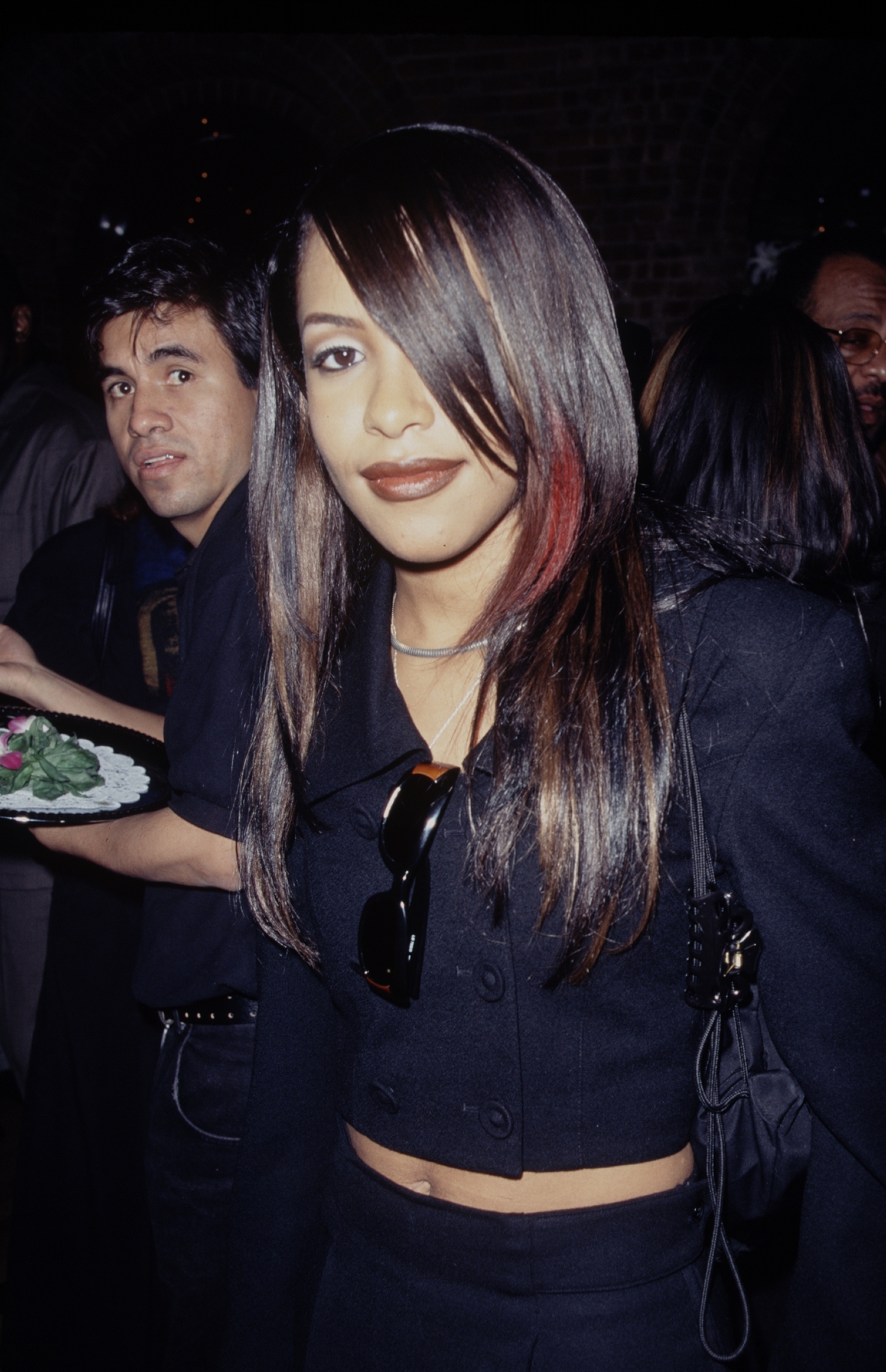
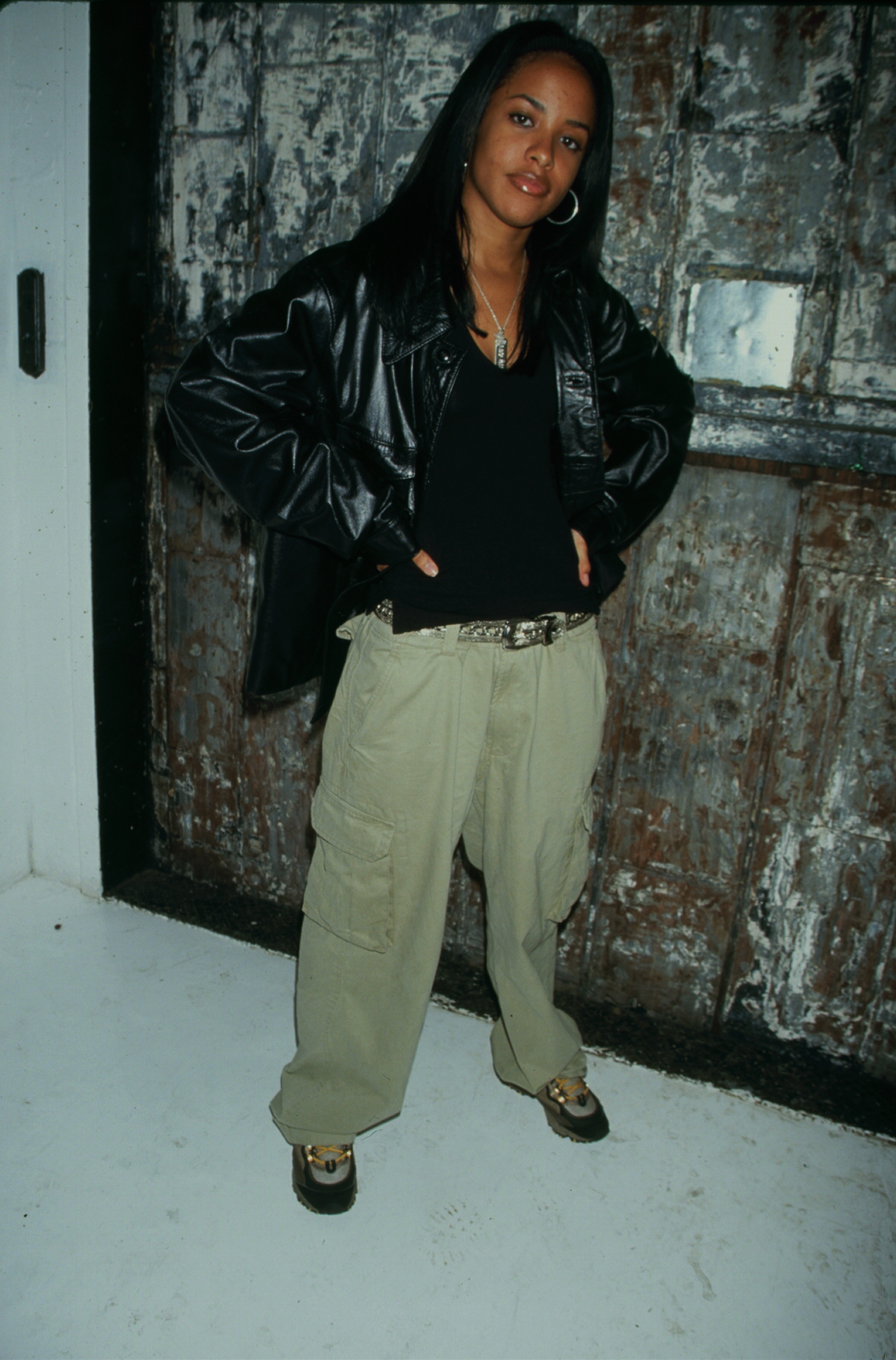
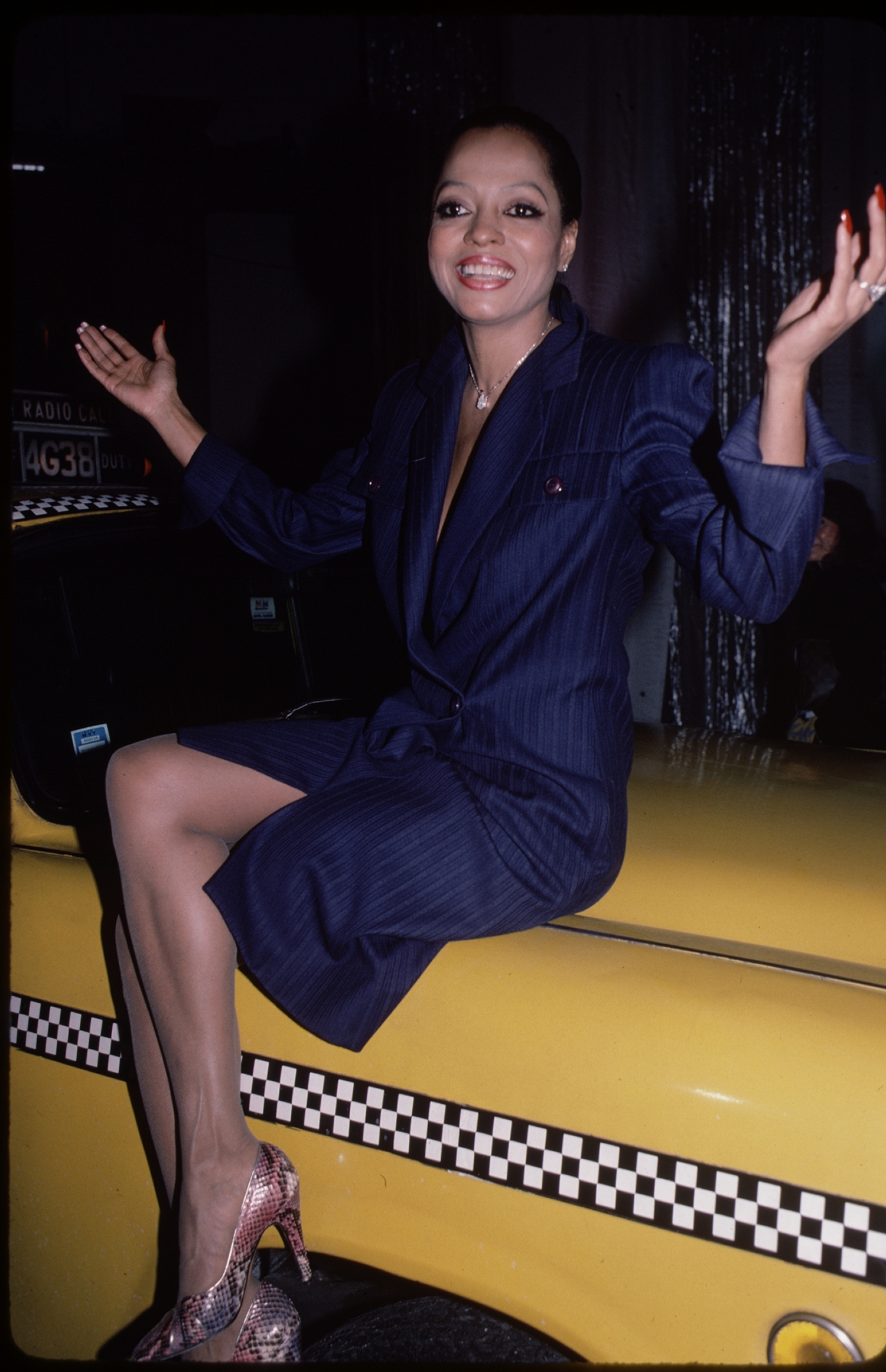
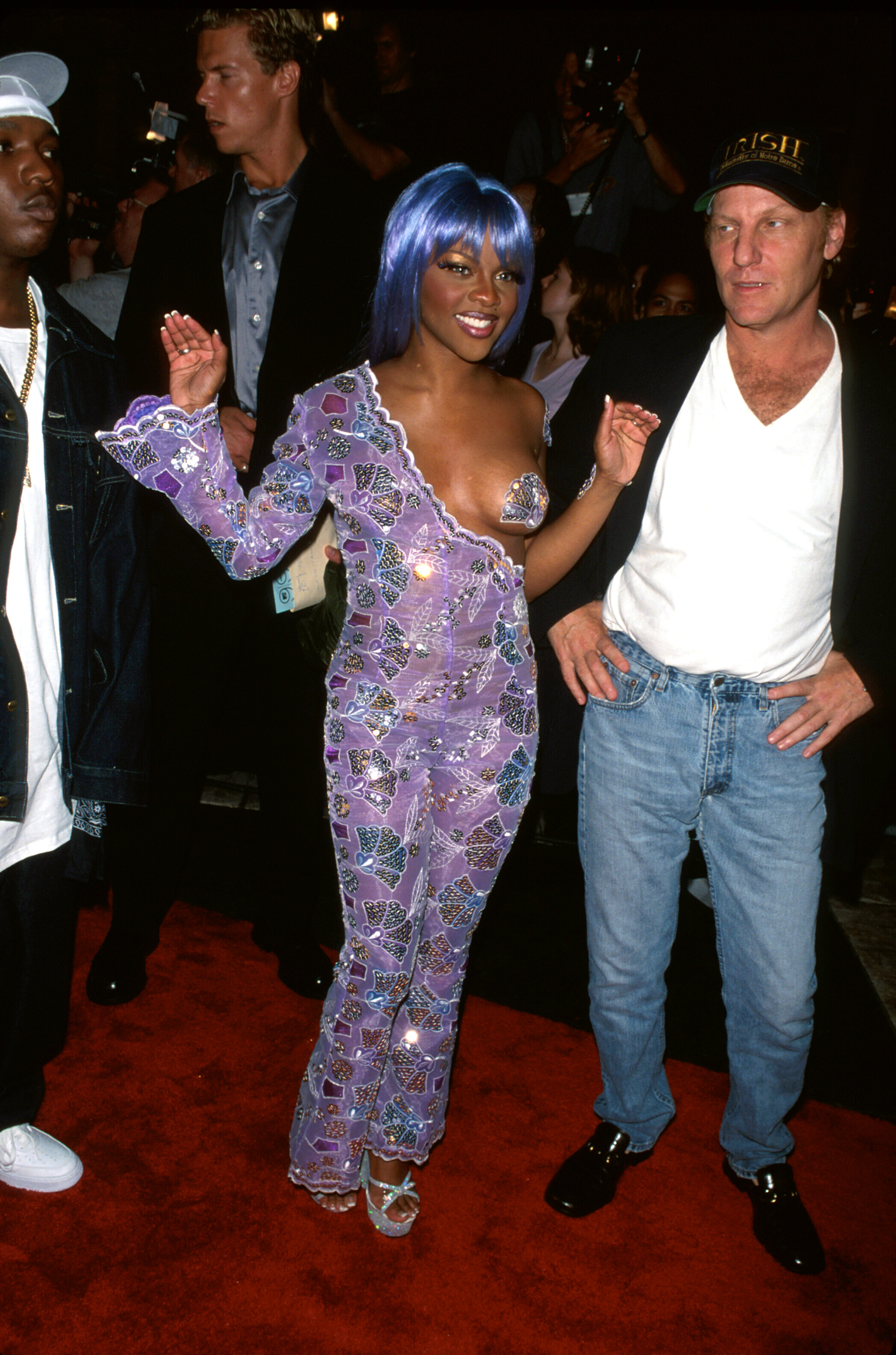
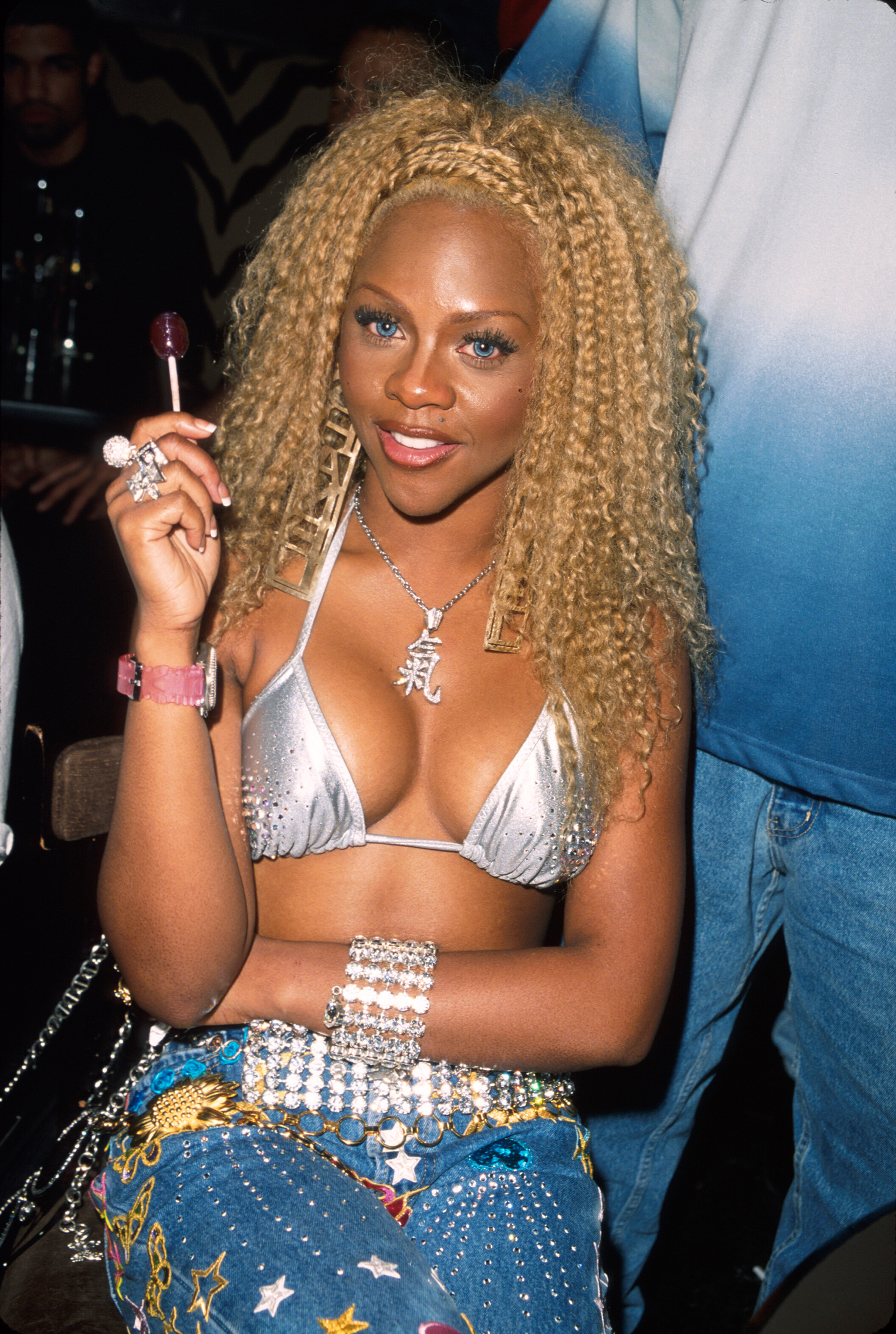
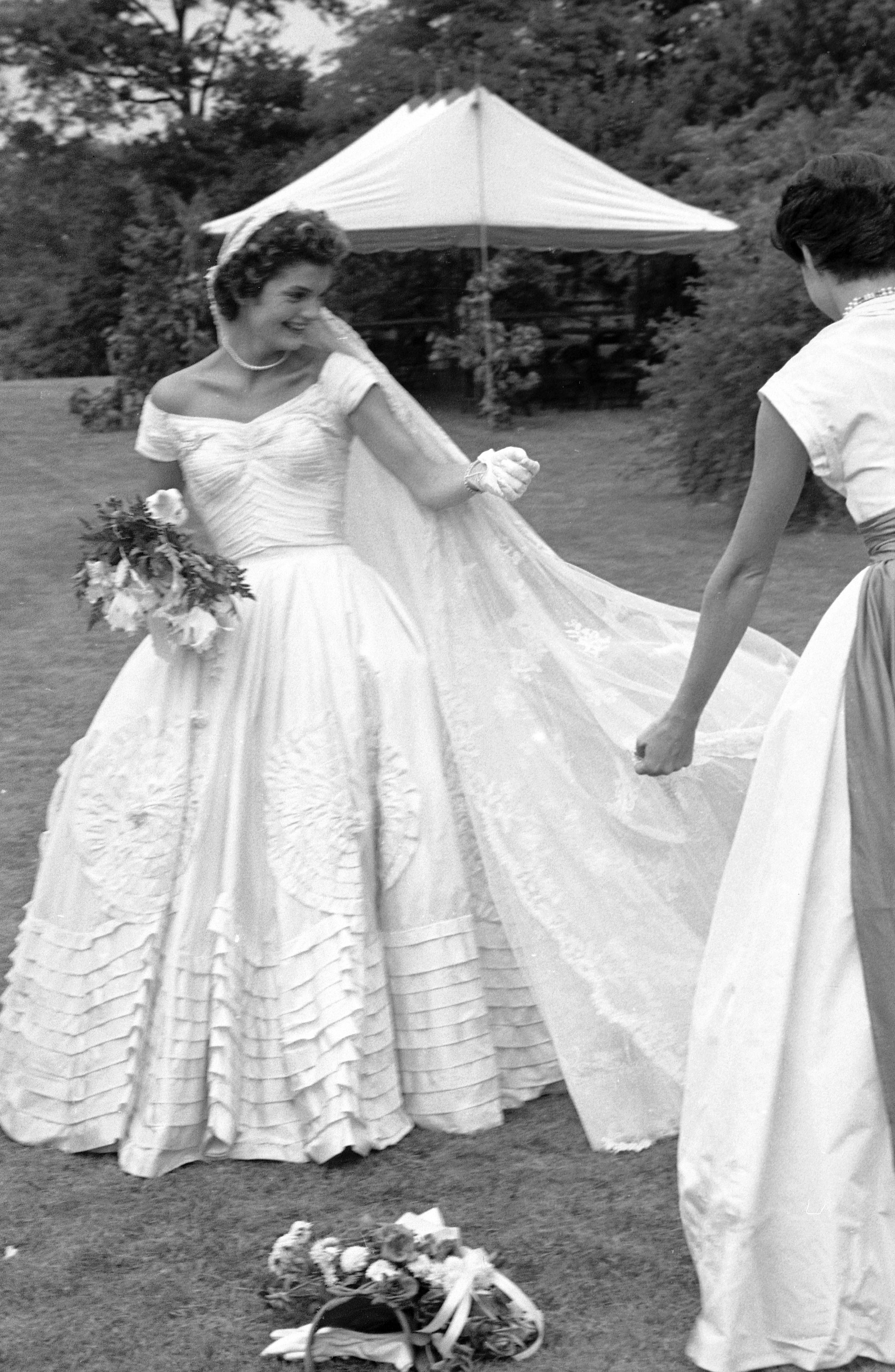
More Must-Reads from TIME
- Donald Trump Is TIME's 2024 Person of the Year
- Why We Chose Trump as Person of the Year
- Is Intermittent Fasting Good or Bad for You?
- The 100 Must-Read Books of 2024
- The 20 Best Christmas TV Episodes
- Column: If Optimism Feels Ridiculous Now, Try Hope
- The Future of Climate Action Is Trade Policy
- Merle Bombardieri Is Helping People Make the Baby Decision
Contact us at letters@time.com